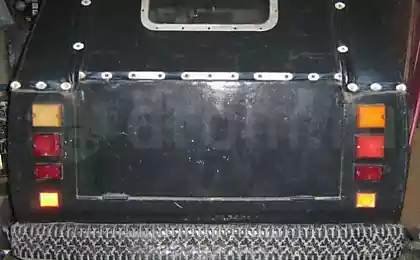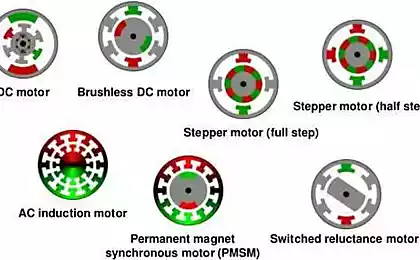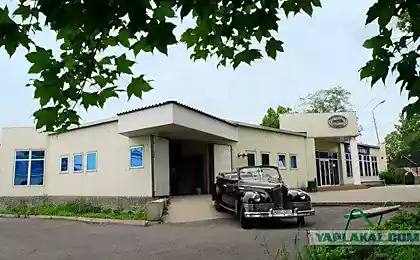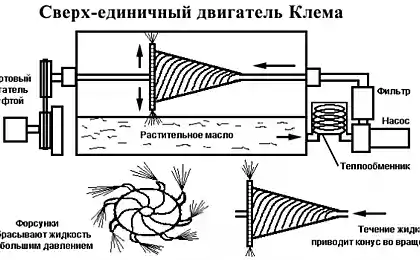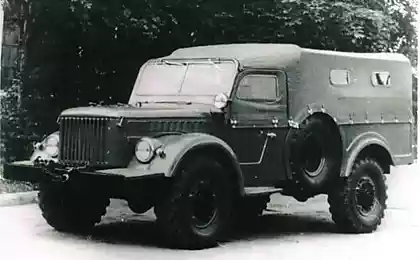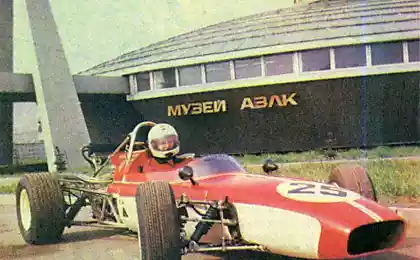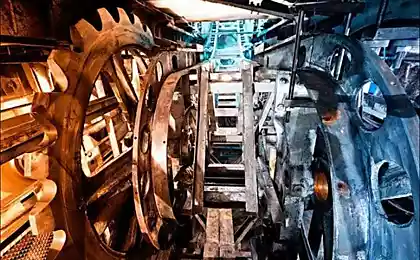895
Established contactless transmission on magnets, which operates at room temperature

Spanish engineers from the University of UC3M project MAGDRIVE creates a magnetic transmission, working with virtually no friction and wear. They created the gearbox is designed to solve the problem of wear classic transmissions due to friction and the continuing need for lubrication. The development objective was to provide spacecraft nodes that do not wear for a long time, due to the need of apparatus in the long run. However, such a device can find application in automobiles, railways, aircraft.
To demonstrate the two devices were fabricated prototype. The first is designed to operate in space at very low temperatures, it uses superconducting magnets and operates at a temperature of about -210 degrees. These magnets also contribute to damping of oscillations. The second prototype operates at room temperature. The design of the gear teeth, catchy gear replaced by permanent magnets that attract and repel, causing the mechanism to work like a normal gear.
In the интервью publication Gizmag Efren Jimenez Diez, a researcher at the Engineering Department UC3M, said: "The life of such a device can greatly exceed the lifetime of classic gear reducers, thus it can operate at extremely low temperatures. Even with strong overload device is working properly. If the axis is suddenly locked, often simply will slide relative to each other and nothing will break. Spectrum using the mechanism of wide - from robotic arms and motors for positioning antennas that require high precision movements and thus undesirable grease to vehicles, which due to extreme temperatures or low pressure service life of mechanical parts is greatly reduced - for example, the Mars rovers ". To investigate the potential commercial use of the device was set up a separate company MAG SOAR .
Source: geektimes.ru/post/242462/
Mother paratrooper Ilya Maksimov, apologized to the citizens of Ukraine.
Review article about nucleosynthesis in stars, stellar evolution and supernovae


